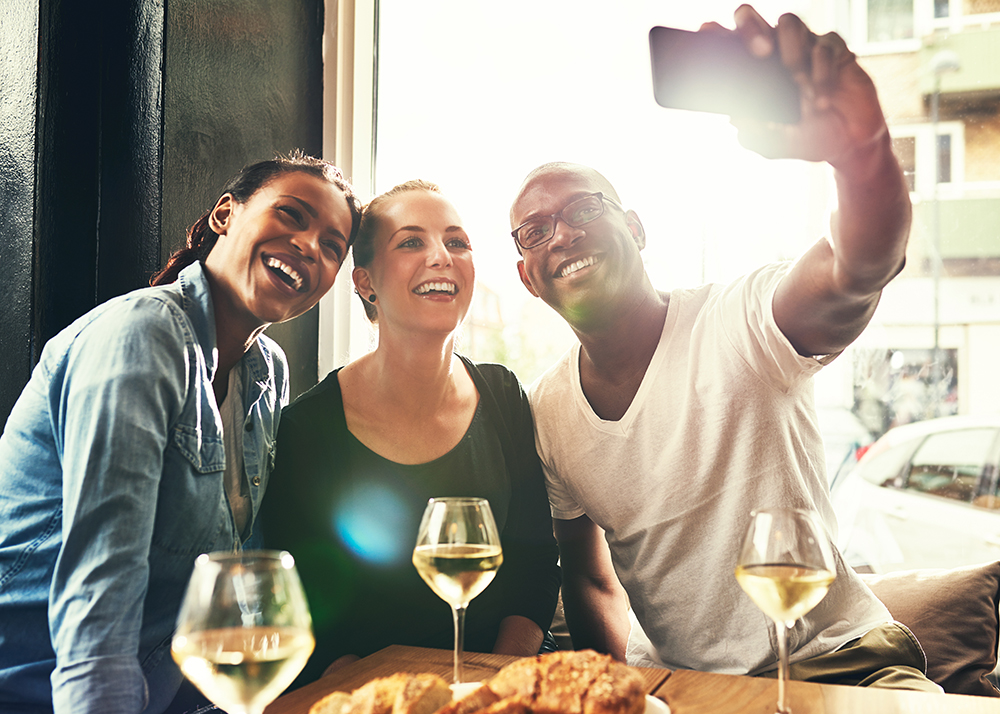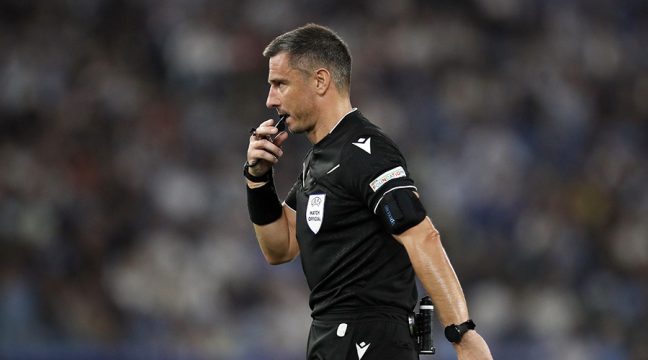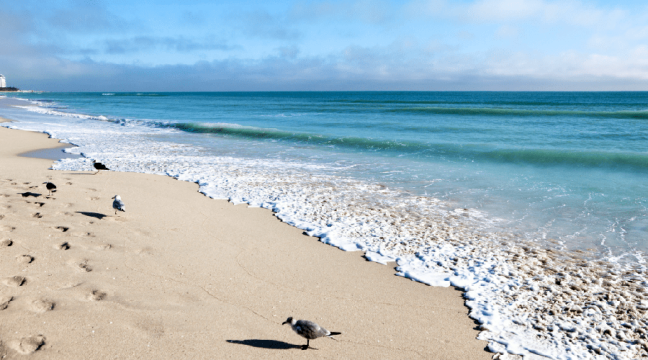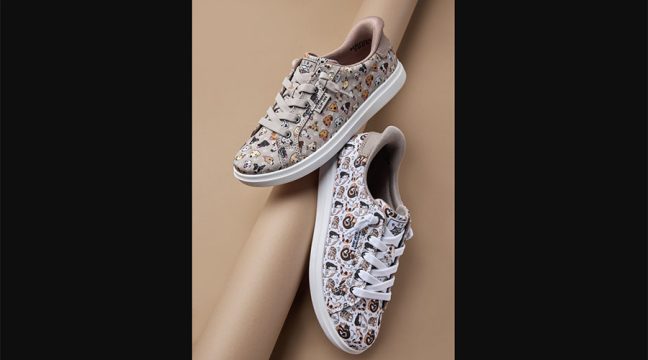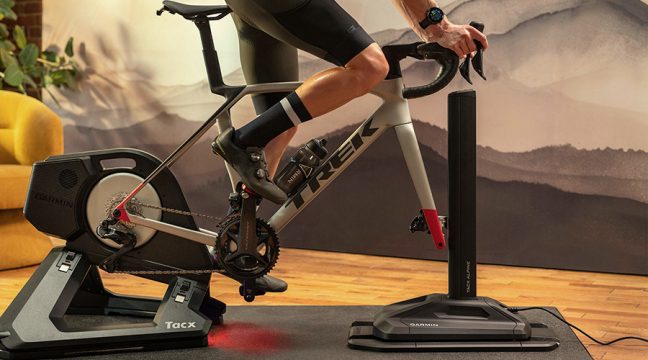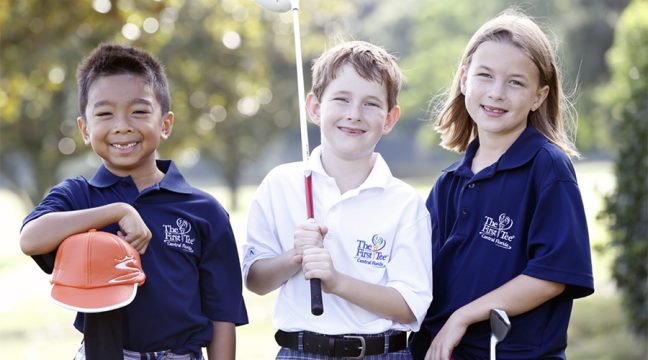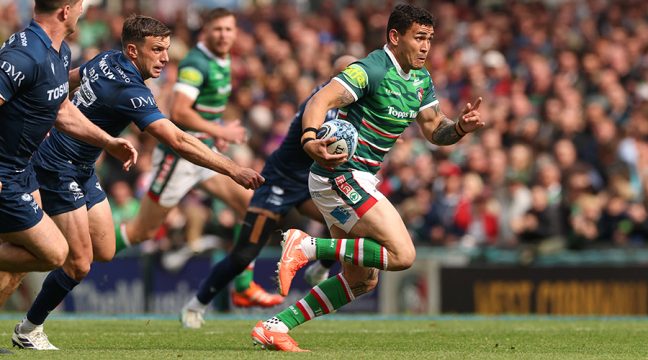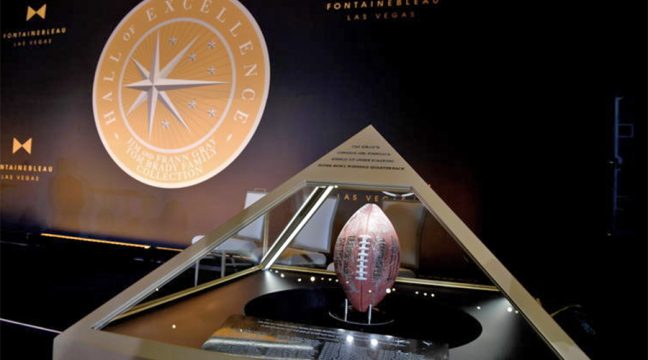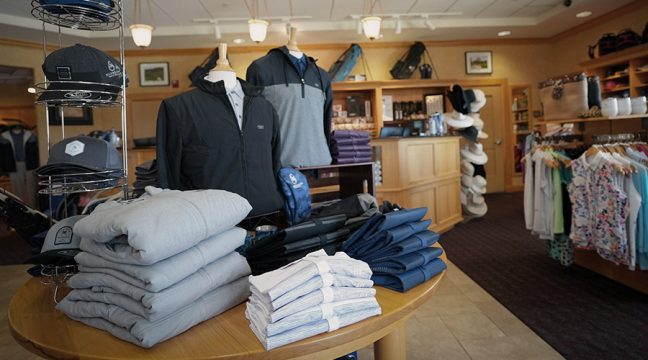Is the active lifestyle industry missing the mark with these influential consumers?
By David Clucas
We know … you’re tired of hearing about the millennial generation.
During one recent interview, an outdoor exec told us he refuses to use the ‘m’ word for fear of typecasting the generation that so many define as young, carefree, urban and frugal socialites. And perhaps he has a point. The truth is, if you and and your business hold the above descriptors of millennials, you’re missing the mark.
Heading into Outdoor Retailer Summer Market 2016 — where you can expect to hear the word ‘millennial’ uttered 4,839 times — we tackle four common stereotypes for this consumer chunk, and where the industry might be misdefining the generation.
Millennials are Young and Carefree
Before we challenging some millennial myths, let’s address one fact that shouldn’t be ignored — millennials are a big generation.
Originally known as the “baby-boom echo” until they came up with their own creative name, those aged 18-34 in the U.S. (75.4 million) now outnumber their 74.9 million baby boomer parents, ages 51-69, according to the latest figures from the U.S. Census Bureau. While those age ranges don’t exactly fit the defined generations (we’ll explain below) it’s close enough to verify the point.
The problem is that for quite some time, people have ubiquitously viewed millennials as the nation’s carefree youth. Like a Hollywood star, they never seem to age. But truth be told, if we look at the most commonly held birth years of a millennial (1980-1999), the generation is starting to age. While the youngest turn 17 in 2016, the oldest turn 36.
For a generation known for putting off adult life (perhaps another myth), a good chunk of millennials are settling into careers, getting married (or at least co-habitating), and having kids. In other words, a lot of them are now responsible adults.
Millennials are Urban
You’ve heard plenty of stories and statistics about the resurgence of America’s cities. Millennials are moving back downtown, redeveloping old warehouses into lofts and riding their bikes, or using public transportation or Uber to get places in lieu of owning a car.
Yes, it’s true the residential population of America’s cities has been growing as of late, but the number crunchers at FiveThirtyEight and Forbes point out that millennials aren’t necessarily the driving force. And in cases where millennials are inflating city populations, reports show they are moving at faster rates to largely car-centered metro areas like San Antonio over the hip San Francisco.
A 2016 research paper by Dowell Myers at the University of Southern California argues that 2015 would be the peak year for millennials living in the city, with expectations that the trend will begin to reverse by 2020.
Millennials are Frugal
Growing up in midst of the Great Recession, it’s true that millennials have faced some tough economic conditions. Even those who have good jobs have faced wage stagnation. It’s all led to the stereotypes that millennials are cheap and frugal — boosting the “sharing economy,” where people can rent just about anything instead of owning it.
At the same time, it can be argued that millennials have had access to and spent huge amounts of money like no other young generation before it — many borrowing big time to buy expensive educations, real estate and electronics.
Grandpa wouldn’t call that frugal.
The better stereotype might be: Millennials are Big Borrowers. And while they might not be buying big-ticket items, houses and cars like their parents, they are certainly spending plenty more than their elders on education, technology and social experiences.
Millennials are Social
We’ll admit it: for this last stereotype, we’re going to challenge it with some our own anecdotal observations.
In the outdoor, sports and fitness worlds, we’ve heard endless claims that millennials want to be social — hence the boom in group runs, campsite cocktails and a flood of smartphone apps to share every shred of performance data on social media (and even some that match up users via compatible fitness habits).
Maybe we’re just listening to the extroverts. It could be that for many millennials, all that socializing is wearing them down.
A lot of times, we’ll hear from our cohorts that they’re seeking more alone time through sport. Group runs or bike rides are fun every once in awhile, but more often than not, they want to plug in their headphones and escape the world for a few hours. Their runs, bikes and workouts serve as individual stress relievers.
By their nature, stereotypes are never 100-percent true. They’re a way for human brain to try to lump pieces together to make faster decisions. While some of the above attributes can help define millennials (or at least the ways they are different from the previous generation) it’s never black and white.
So the next millennial you meet might be a 36-years-old suburban mom with two kids, and no, she doesn’t want to get drinks tonight. She’s about to head out for a five-mile run on her own.



